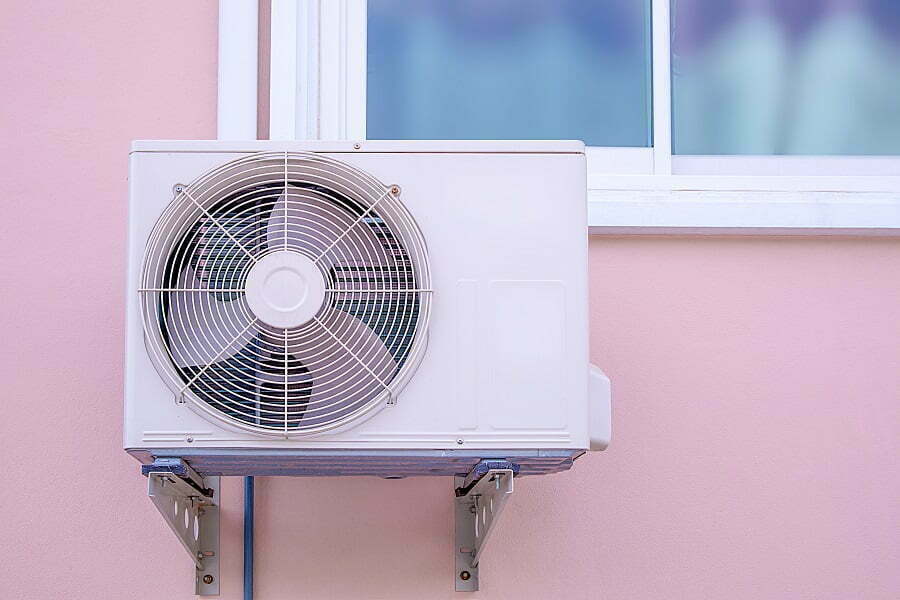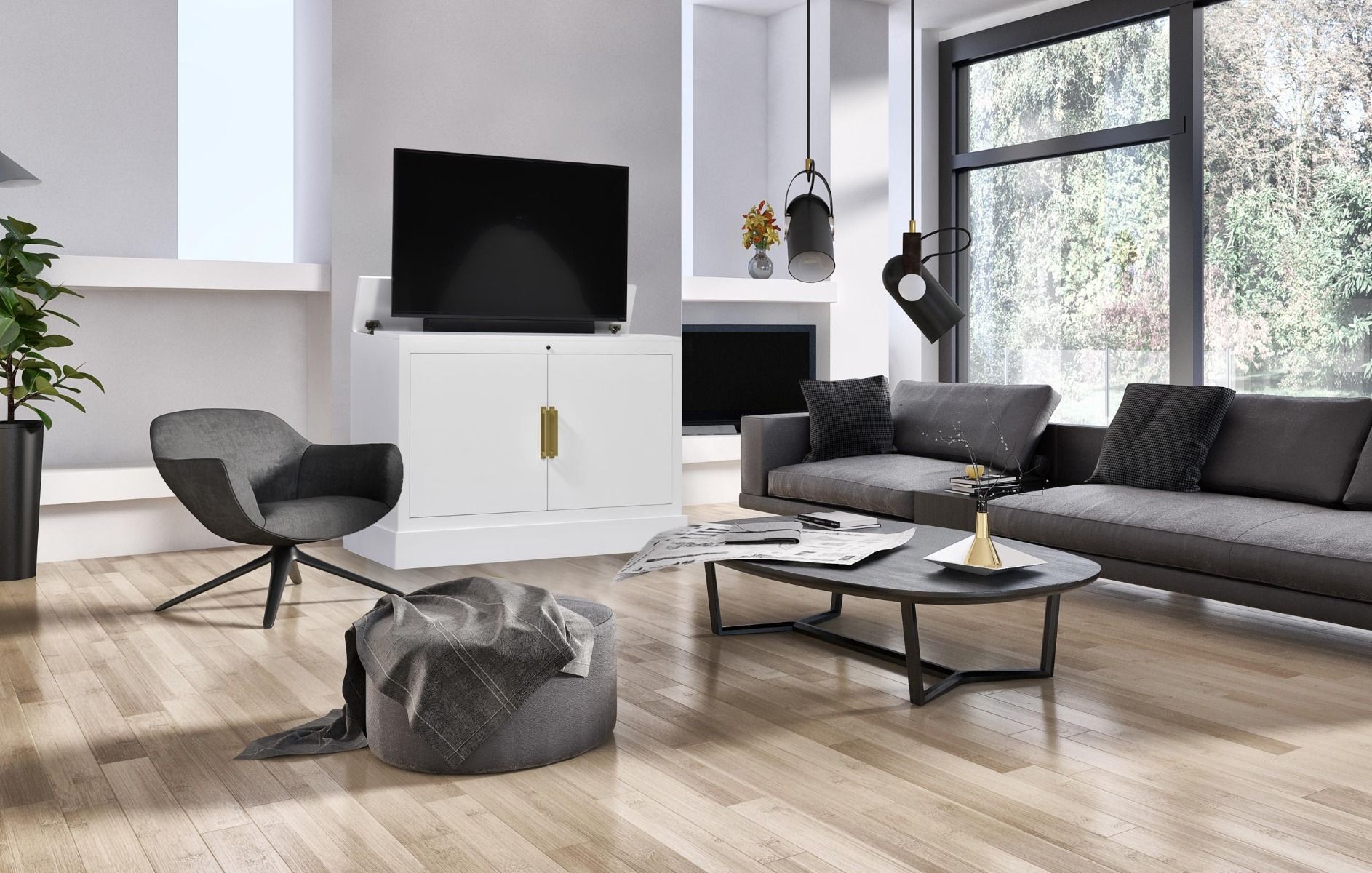Last updated on
Let’s troubleshoot the six most common AC problems to ensure that your unit works properly. Read on!
The summer season is upon us and this is a time when we rely heavily on air conditioners. 90 percent of US homes have some form of AC unit.
It is important that you troubleshoot your unit and get air conditioning repairs done before it fails completely.
Here are some common problems to look out for.
AC Making Noises

If your air conditioning unit is making strange, loud noises, this signals a problem. Different noises point to different types of problems. For instance, a grinding noise indicates a problem with the motor or compressor.
On the other hand, capacitor problems or fan obstruction cause clicking sounds in the unit.
Too much moisture or a refrigerant leak produces a bubbling noise. You should not ignore strange noises from your AC. Call an HVAC technician who can fix the issue.
Bad Smell
A pungent odor emanating from the AC can be caused by mold. A fire-like smell means that some electrical components have burnt while a gas smell points to a methyl mercaptan leak, which is unsafe.
If your AC has been off for some time then you notice a rotten egg smell when you turn it on, insects and rodents may have crawled inside it and died.
After a dormant period, clean your AC thoroughly to prevent bad smells. To fix gas leaks and electrical problems, call a professional.
AC Fan Failure
The exterior of an AC unit transfers heat from your house to the outside through a fan. If the fan has malfunctioned, the transfer of heat doesn’t happen properly. As a result, the safety load could trip or the compressor might overheat.
In the worst-case scenario, this might cause interior damage to your AC’s compressor, leading to costly repairs. For this very reason, it’s best to schedule air conditioning repairs before it’s too late.
If the fan is faulty, the wiring of your system might be defective or there might be some loose components. To investigate further, remove the outer casing and have a look. Just don’t forget to switch off the power first. In most cases, diagnosing fan problems is not easy, so you better call a professional.
Indoor Water Leak
If you notice water leakage from your indoor AC unit, then you need to do some maintenance. Water leaks can be caused by blockage of the condensate drain due to fungi or algae buildup. The condensate pump might also have broken down completely thus needing replacement.
You can try to unclog the condensate pipe using a vacuum cleaner. To kill algae and fungi, pour about six ounces of vinegar inside the drain line. To know where the drain pipe is, consult the user manual. An HVAC professional can help you fix this issue quickly.
Outdoor Water Leak
On the hotter days, you might come across some water puddles under the AC’s compressor. This might be caused by reasons such as a bad AC seal, incorrect installation, and dry air filter.
Once you diagnose this issue, turn off the unit and disconnect it from power. If you do not fix the problem quickly, things will be tricky. So you need to contact an expert for help.
Faulty Thermostat
If one room feels warmer than the other, your thermostat could be faulty. The problem could be as small as dead batteries or as big as dust accumulation and corrosion.
Is your thermostat in direct sunlight? That could be messing with its reading. Replace the batteries and clean the dirt. To fix corrosion, call an HVAC specialist.
The Takeaway
Cater to these AC unit issues before they get more serious. Regular maintenance of your air conditioning unit prevents total failure and increases the efficiency of your system.
Recap




